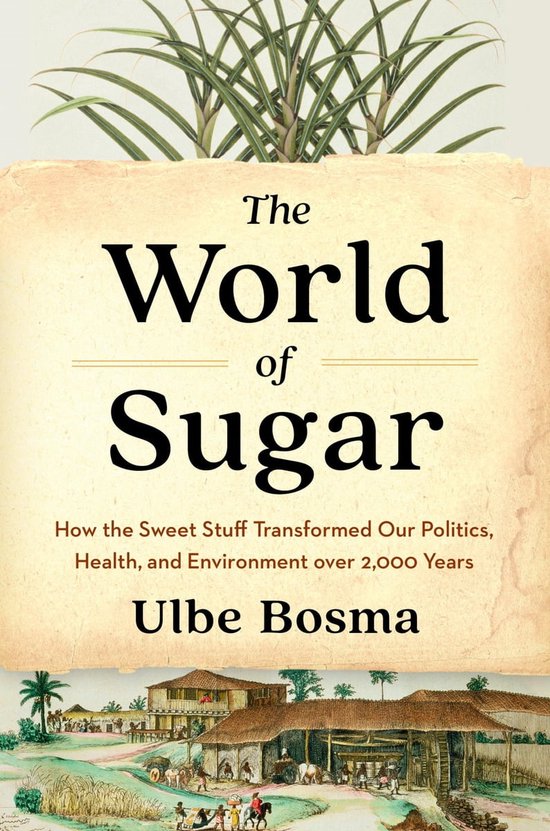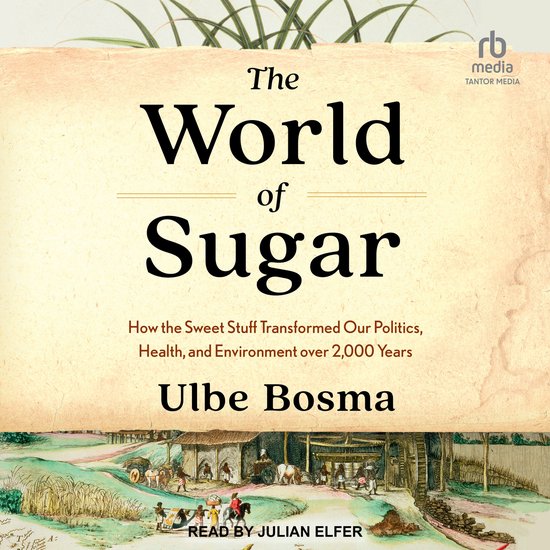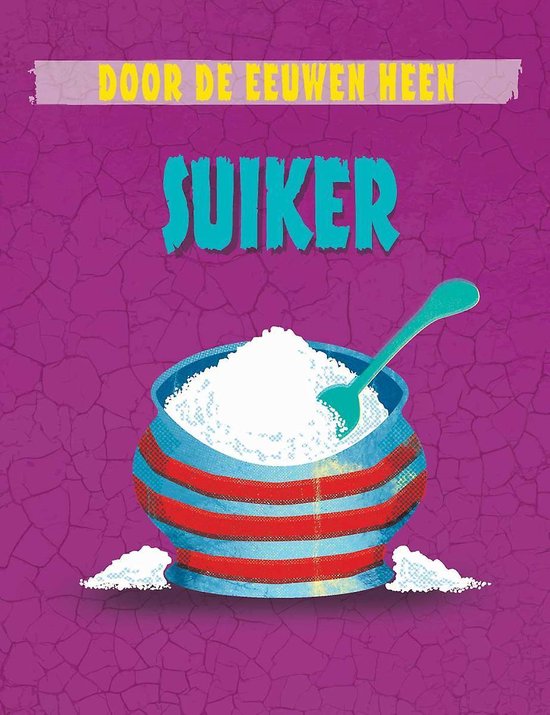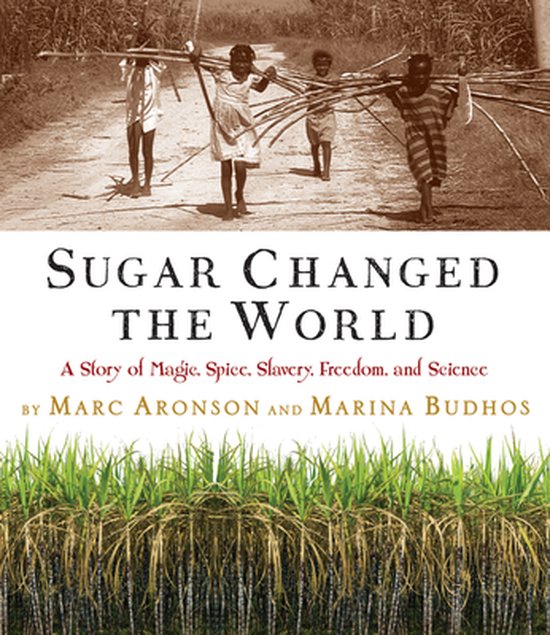
The World of Sugar
“[A] tour de force of global history…Bosma has turned the humble sugar crystal into a mighty prism for understanding aspects of global history and the world in which we live.”—Los Angeles Review of Books
The definitive 2,500-year history of sugar and its human costs, from its little-known origins as a luxury good in Asia to worldwide environmental devastation and the obesity pandemic.
For most of history, humans did without refined sugar. After all, it serves no necessary purpose in our diets, and extracting it from plants takes hard work and ingenuity. Granulated sugar was first produced in India around the sixth century BC, yet for almost 2,500 years afterward sugar remained marginal in the diets of most people. Then, suddenly, it was everywhere. How did sugar find its way into almost all the food we eat, fostering illness and ecological crisis along the way?
The World of Sugar begins with the earliest evidence of sugar production. Through the Middle Ages, traders brought small quantities of the precious white crystals to rajahs, emperors, and caliphs. But after sugar crossed the Mediterranean to Europe, where cane could not be cultivated, demand spawned a brutal quest for supply. European cravings were satisfied by enslaved labor; two-thirds of the 12.5 million Africans taken across the Atlantic were destined for sugar plantations. By the twentieth century, sugar was a major source of calories in diets across Europe and North America.
Sugar transformed life on every continent, creating and destroying whole cultures through industrialization, labor migration, and changes in diet. Sugar made fortunes, corrupted governments, and shaped the policies of technocrats. And it provoked freedom cries that rang with world-changing consequences. In Ulbe Bosma’s definitive telling, to understand sugar’s past is to glimpse the origins of our own world of corn syrup and ethanol and begin to see the threat that a not-so-simple commodity poses to our bodies, our environment, and our communities.
| Auteur | | Ulbe Bosma |
| Taal | | Engels |
| Type | | E-book |
| Categorie | |



